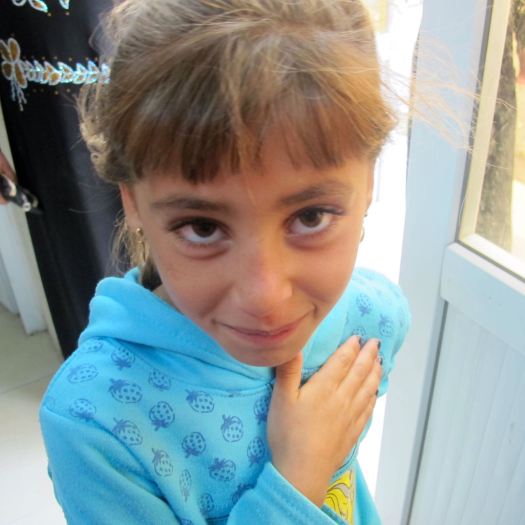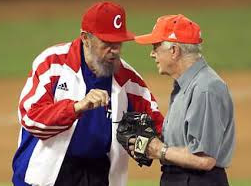I awoke to news today that Iraqi forces were claiming victory in Mosul. Prime Minister Haider al-Abadi arrived in Mosul to personally deliver the message to the world: ISIS had been driven out of the northern Iraqi city that had been the extremist group’s crown jewel.
 Victory. Yes. But at tremendous cost. The ancient city of Ninevah will never be the same.
Victory. Yes. But at tremendous cost. The ancient city of Ninevah will never be the same.
ISIS took hold of Mosul in June, 2014. Thousands of Christians, Yazidis, Turkmen and other minorities fled under threat of forced conversions to the ISIS brand of Islam. Those who remained endured three years of the so-called Islamic State and its brutality and intolerance.
The campaign to oust ISIS began in October 2016. The fighting was brutal. Iraq’s second largest city is left in ruins; many of its ancient sites destroyed by ISIS. That includes the historic al-Nuri mosque with its leaning minaret known as Habda.
Thousands of Iraqis were killed; more than a million people were displaced from their homes.
I was in Iraq last year when the campaign to retake Mosul was still in its early stages. I visited many of the camps set up for IDPs. Internally displaced people. That’s the term used for people who are forced to flee their homes for safety. Really, they are refugees in their homeland, separated from loved ones and the lives they once led.
Here are some of the children I met in the camps.
Yes, there is victory in Mosul. But what does the future look like for these children? They have been torn from the safety of the homes they knew and out of school for many months. Where will they return to? Will they even return?
Look into the eyes of one of these children. Imagine if this was your little boy or girl. Think of these children when you hear the news today. Think of what victory feels like for them.
Read a few of my recent Iraq stories published on CNN.com:
As Iraqi city of Mosul braces for battle with ISIS, its people recall gentler times
The Iraqi women who escaped ISIS but lost everything
Mosul blogger defies ISIS by listening to violinist Itzhak Perlman
Hiding from ISIS: Women fight for survival by staying put
In biblical lands of Iraq, Christianity in peril after ISIS
Voices of Iraq: Minorities on the edge of extinction
Good Morning, Mosul: Pirate radio risks death to fight ISIS on airwaves
In Iraq, thousands of terrorism’s victims go unnamed

















